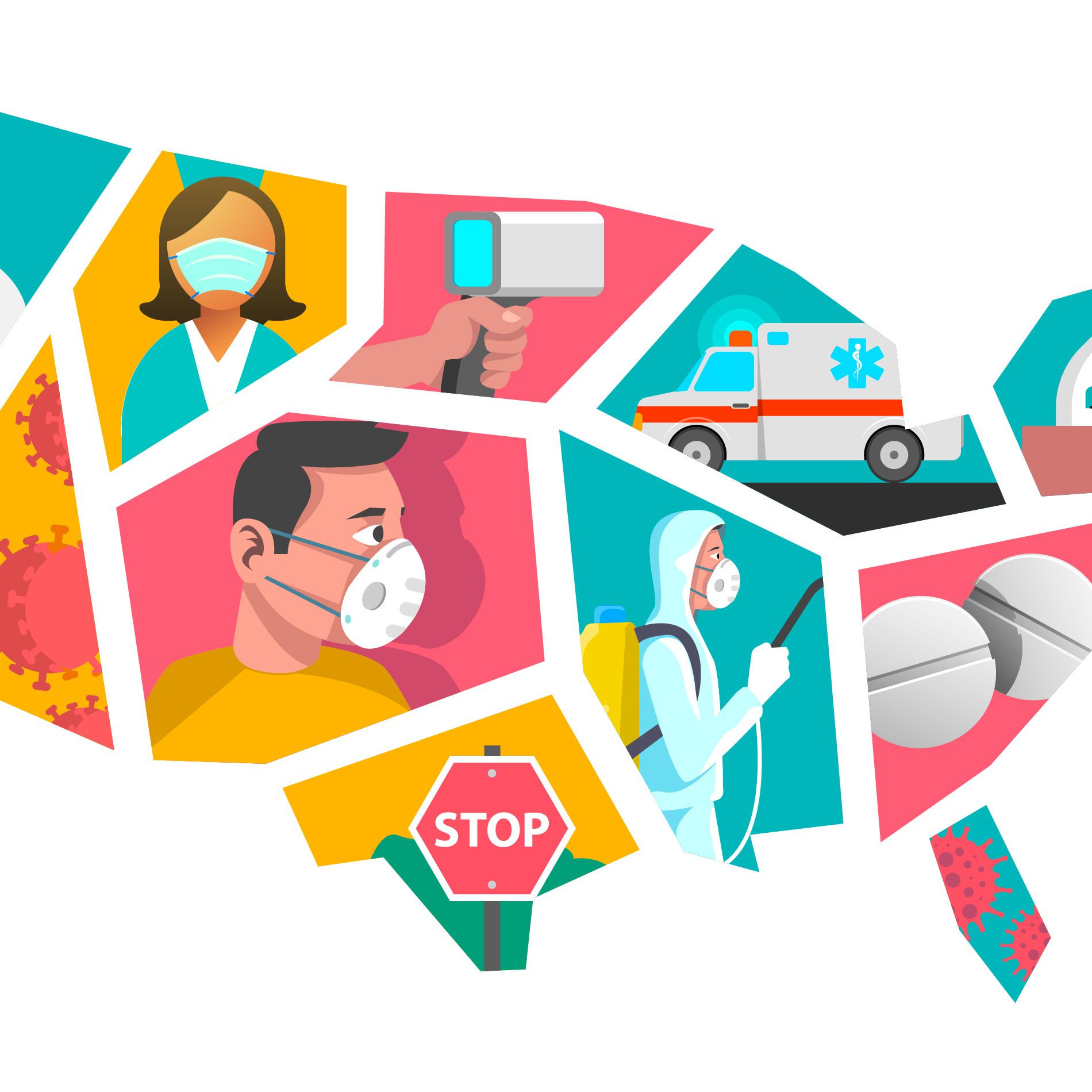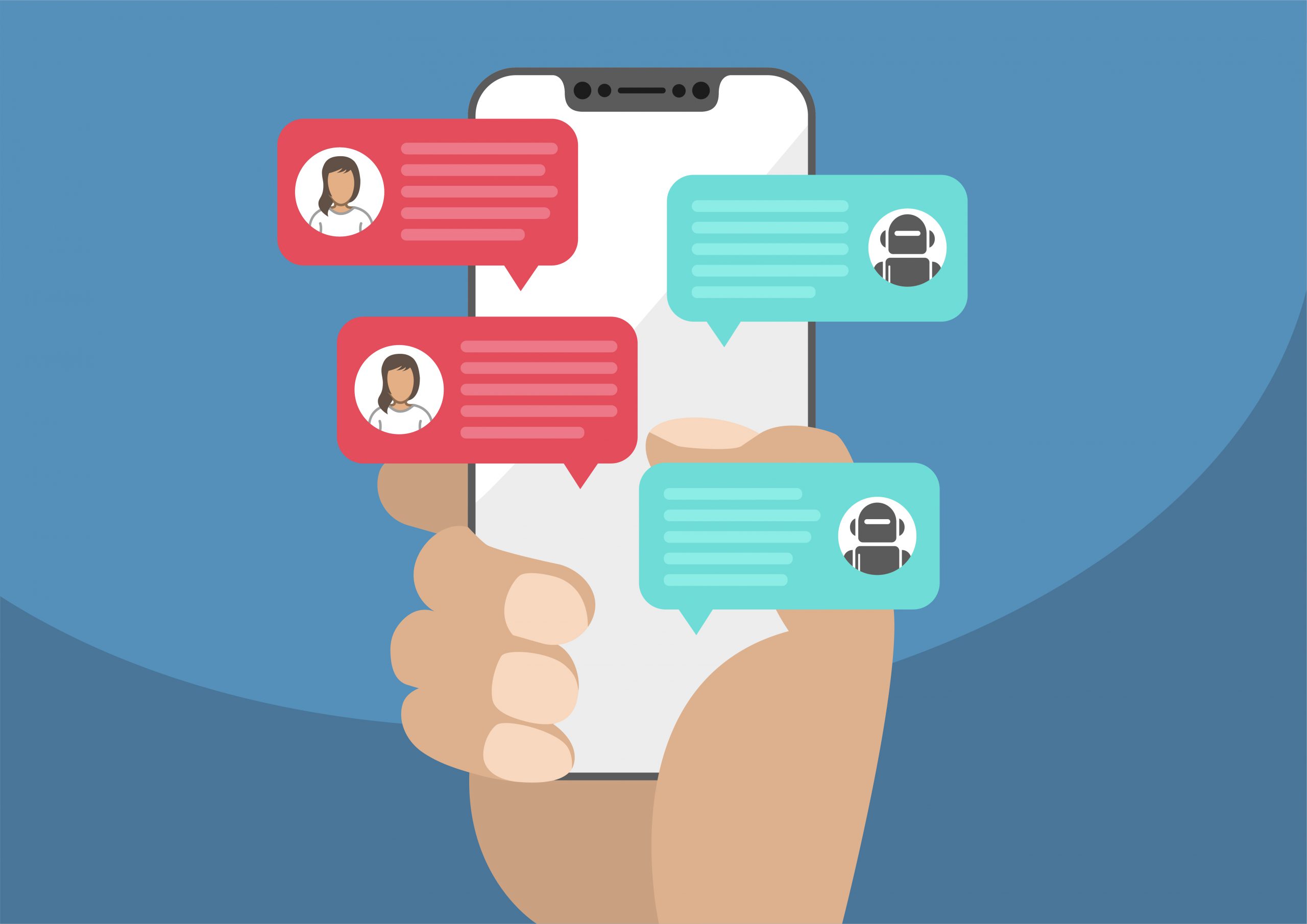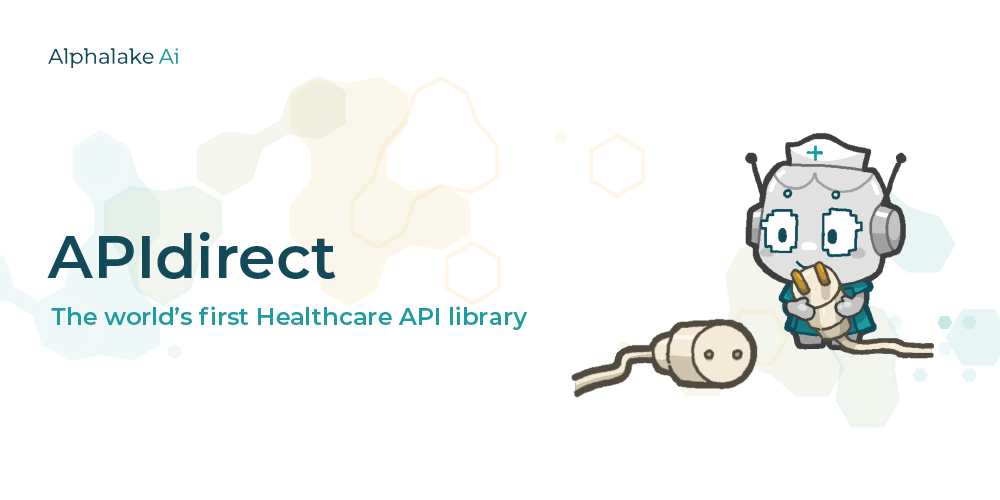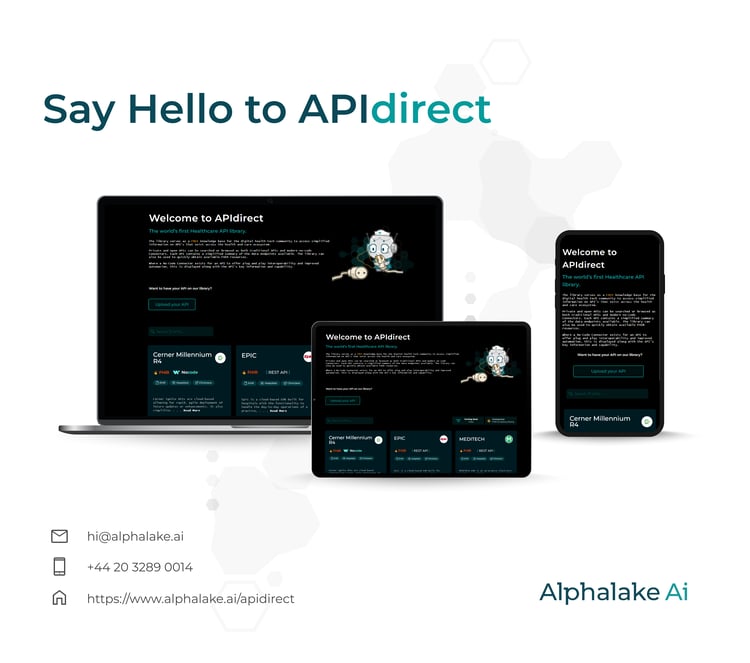Sign Up for Our
Updates
As the NHS tackled the mountain of issues brought on by the COVID-19 pandemic, the era of digitisation focused on operational efficiency began to rear its head.
Outdated operating models and varying technologies have bottlenecked the workforce and patient experience, resulting in the worst staffing crisis in NHS history. With the overwhelming workload continuing to stack up on the remaining staff, an apparent skills shortage is becoming an increasingly urgent problem. The NHS is now desperately seeking efficient and effective ways to tackle its issues.
How is the NHS tackling the current skills shortage?
The introduction of automation into the NHS and healthcare has given workers a much-needed break from time-consuming administrative tasks. However, there are still vital areas where the NHS isn't optimising automation.
Speaking at our Alphalake Live event, Annabelle Painter, Clinical Lead - NHS and Clinical UX, explained that - "clinicians are smart people who want to solve problems, so they end up hacking their way around these things, but often in a way that isn't really that safe."
Illustrating this point with a real-world example, Annabelle continued, "most clinical teams in the NHS, the way that they communicate is via WhatsApp, which is not designed for healthcare use... the reason they use it is because it's the best solution there is out there, and it's much better than what we have within the NHS."
Given these factors, it's clear that collaboration between end users and automation developers is essential in healthcare. From admin staff to nurses and clinicians, healthcare workers can provide valuable insight into what they need to streamline their workplace requirements. This approach ensures developers can devote their full attention to producing solutions healthcare workers will be comfortable adopting.
Those working within healthcare also know the areas that are most vulnerable and can relay this information to automation developers. Once again, this helps developers target the right areas, ensuring every solution offered genuinely has what it takes to improve both the workforce and patient experience.

What Are the Key Components of a Human-Centred Digital Product?
When setting out to create a human-centred product, including potential automation that would be developed to assist healthcare and the NHS, a handful of important decisions need to be made. The core questions to answer before beginning the process include:
- Who are your users?
- What are their values?
- Which problem should you solve for them?
- How will you solve that problem?
These questions help to carve out clear tasks, goals, and review points. They should always guide the development of automated solutions for healthcare.
How Do You Choose Which Tasks to Automate?
Looking back at the previous question, it is important to speak openly with clinicians and those working within healthcare to understand their daily, weekly, and monthly routines. This will allow the workers, the developers, and those heading the automation proposal to identify areas that are taking up large quantities of time. From this, you can identify the ideal intersection between the user's needs and the AI's strengths. This intersection usually lies with tasks that: do not require minimal human input to be completed successfully.
Once the ideal tasks are identified, a variable must be set for the automation to be measured against. This is crucial for determining whether the automation goals are being hit, and why not? Goals must be established, and results measured over time.
What Challenges Come Along with User Input in Automation?
One key challenge with users having input when developing almost anything, not specifically automation, is their potential lack of understanding of the complexities involved. It's all well and good to give feedback and request specific functionalities from developers. However, not all feedback can be instantly implemented into the automation, especially when deadlines and budgets are brought into question.
An evolving conversation needs to take place between those developing and those who will benefit from automation. It's crucial to go beyond goal and expectation setting, - ensuring all parties understand what's feasible given the unique parameters of each project. This will pave the way to creating a streamlined, automated solution that delivers the maximum outcome possible.
As with any project delivered to a user, the ideal approach is to gather as much information as possible before work begins. This ensures everyone is on the same page and the developers are armed with the knowledge they need to create the best outcome possible. Communication between healthcare workers and automation developers is essential to achieve this optimal state and guarantee that the most effective and efficient solution is delivered.
It's time to introduce automation to all corners of the healthcare world and alleviate our workers from mundane tasks. Let's free the humans of healthcare to do what they do best - delivering personalised care.





-1.png)
